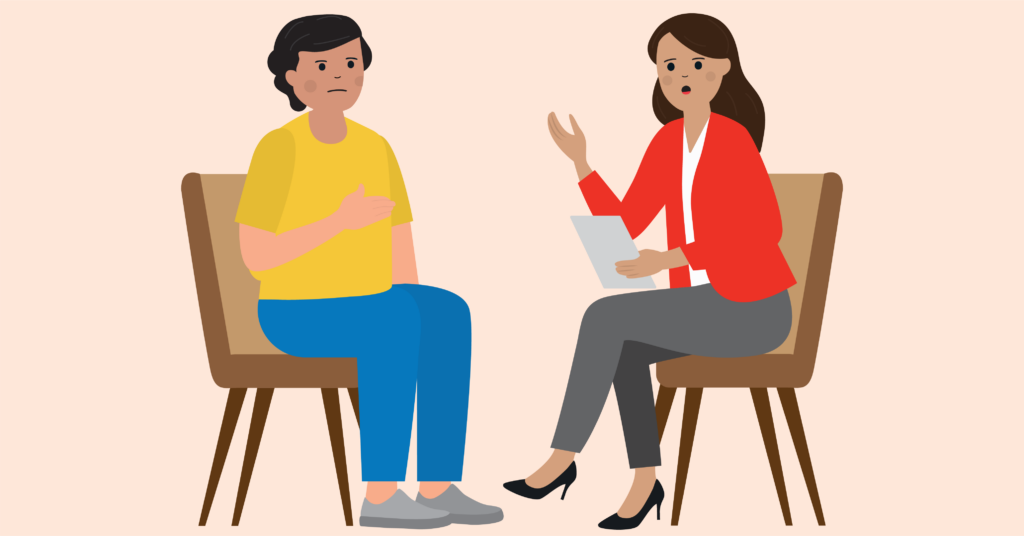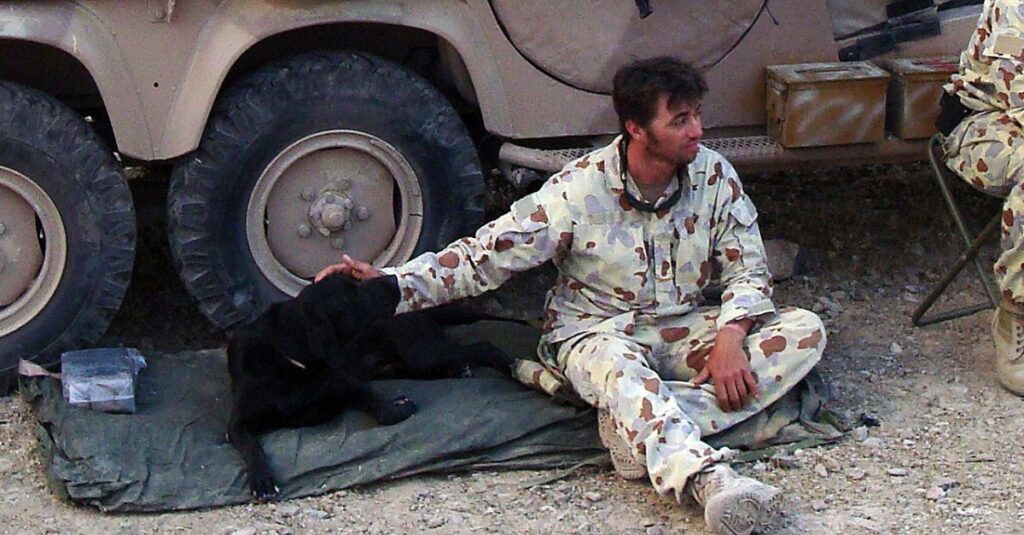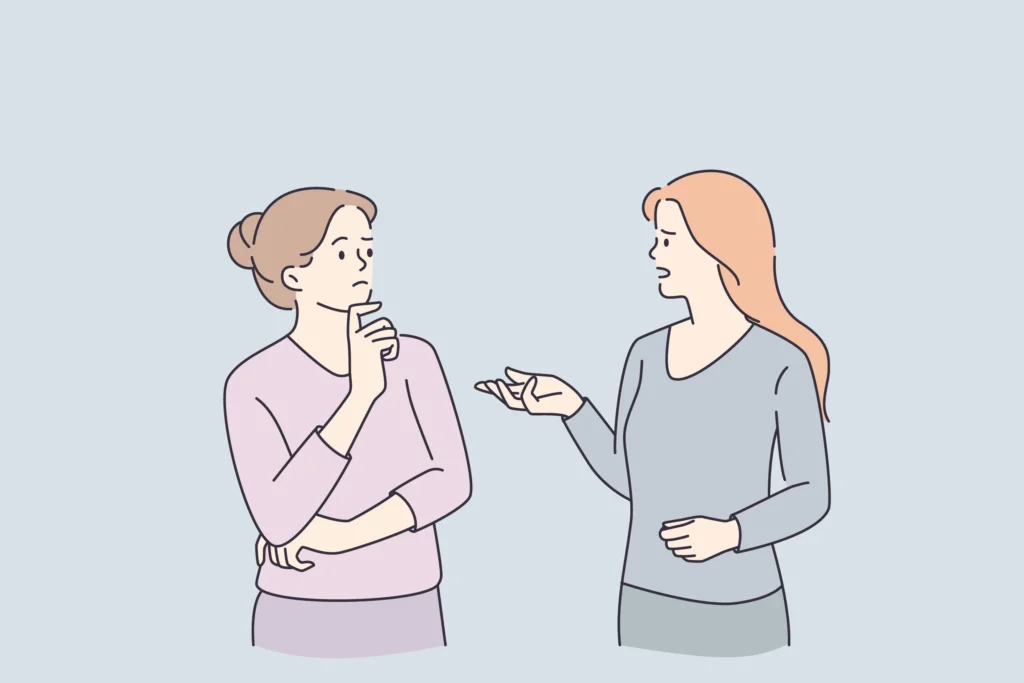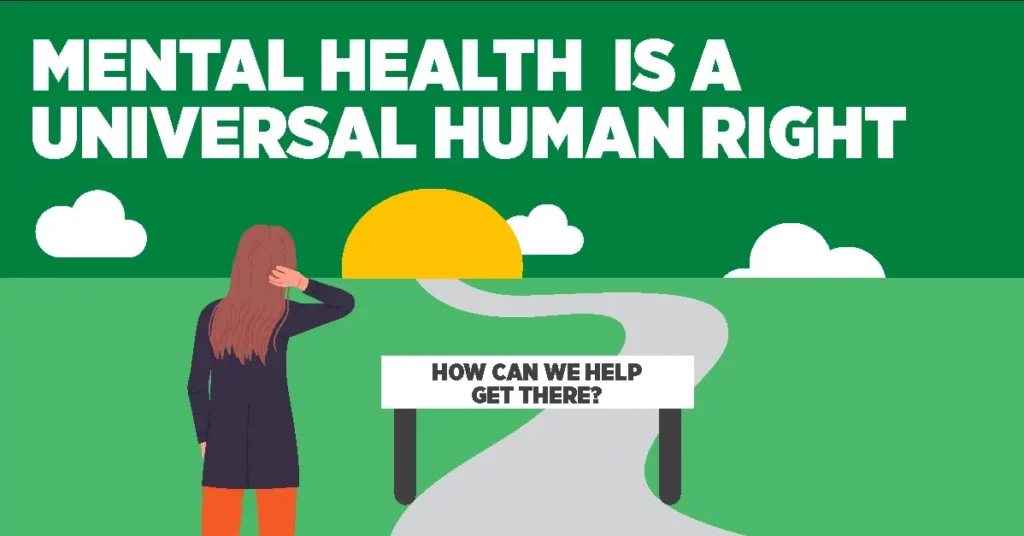Articles
Read our articles to learn practical tips for promoting positive mental health practices and supporting someone who may be experiencing a mental health problem.
Understanding suicide and how to approach the conversation
What is suicide? Suicide is when someone chooses to end their life. It can affect anyone, no matter their background, age, or situation. Some groups, like Aboriginal and Torres Strait Islander peoples, LGBTIQA+ people, and veterans, may be at higher risk. Who...
MHFAiders share 5 key tips on supporting someone from a CALD community
In a world that can sometimes feel uncertain or overwhelming, supporting someone through a mental health problem can offer comfort and hope. But what if their experience of mental health – and the way they talk about it – is shaped by cultural beliefs different...
Keeping the focus – when to share and when to listen
When supporting someone through a mental health problem, it’s natural to want to connect through shared experiences. We might say, ‘I’ve been through something similar,’ or ‘I know exactly how that feels,’ with the best of intentions – to reassure, to show empathy...
Taking care of yourself during the holidays
When we board an airplane, we are encouraged to put on our own oxygen mask before helping others. The thinking behind this is simple – when we look after ourselves, we’re in a better position to support those around us. The same applies during the holiday season....
7 ways to support someone over the holidays
While the holiday period can be a time of joy and togetherness, it can also be a difficult time. Someone you know might be missing a loved one, working, feeling lonely, facing financial pressure, managing relationship challenges or experiencing heightened stress....
Six tips to keep someone comfortable in a mental health conversation
When it comes to supporting someone going through a difficult time, preparing for the conversation can help you feel confident in your approach. But what about once someone has opened up? How do we keep the conversation going and help them feel comfortable with the uncomfortable?
Our latest article shares six practical tips.
A veteran’s path to recovery through his community
After serving over two decades in the Australian Army, Craig’s transition to civilian life was far from easy. Craig’s final rotation in Afghanistan came with significant losses and, on returning to Australia, he struggled to find work. The psychological toll of his...
Navigating misconceptions in mental health conversations
Understanding mental health is a journey, and the conversations we have play a significant role in shaping how others perceive and navigate it. As discussions about mental health are becoming increasingly more common, it is essential to ensure that these...
Top strategies for mental resilience
One powerful strategy for enhancing mental resilience is embracing a growth mindset, which involves seeing challenges as opportunities to learn and grow. In a world filled with uncertainties and challenges, fostering a resilient mindset can be a game-changer,...
Supporting the mental health of LGBTIQA+ people
Addressing the unique challenges and diverse experiences within the LGBTIQA+ community is crucial to fostering environments where individuals can feel safe, welcome and acknowledged. Underrepresented communities like the Australian LGBTIQA+ are sadly no stranger...
Navigating burnout
Burnout is a serious issue that impacts workers not only in Australia but around the world. It can have far-reaching impacts on productivity, well-being and employee turnover. A recent study showed that Australian workers reported the highest burnout rates in the...
Mental health is a universal human right – how can we help get there?
This year’s World Mental Health Day theme, “Mental health is a universal human right”, aims to improve knowledge and drive actions that promote and protect everyone's mental well-being.













